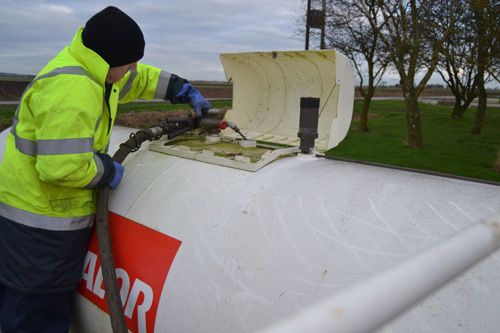

Calor is urging rural installers to start the New Year with a fresh start, and expand their service offering to include LPG services. Recent statistics indicate the LPG market is expanding rapidly, with an annual growth rate of 3.8% forecast until 2018, so there has never been a better time for installers to consider undertaking LPG training to broaden their skills.
Heating installers that become LPG qualified become competent in installing and working on LPG systems, so can benefit from the additional work required alongside an LPG conversion, such as boiler installation and maintenance.
The qualifications an installer can undertake to become trained in fitting LPG boilers in homes are ‘CCLP1 – Core LPG Safety Training & Assessment’ and ‘CONGLP1 (PD) – Conversion of Natural Gas to LPG’. The CCLP1 course is a Gas Safety qualification and is required for any gas engineer wishing to work on Liquefied Petroleum Gas (LPG) installations.
The CoNGLP1 course is a “fuel changeover” assessment that allows gas engineers who currently hold CCN1 (Natural Gas) qualification to work with LPG domestic installations and appliances. The assessment covers the fuel characteristics that are different between LPG and Natural Gas.
Installers who have become LPG trained should consider working alongside Calor in order to offer their customers an efficient and trustworthy LPG supply that they can rely on.
Calor supports installers at every stage of an LPG conversion, and also offers a £250 incentive for each new bulk tank customer they refer, or £100 for a new cylinder customer referral.
Alastair Lovell at Calor, said: “In order to gain a competitive advantage, installers are advised to keep up to date with advances in systems and technology, as they evolve so rapidly.
“Regular training to broaden skills means that installers can offer a wider range of services when it comes to rural home heating solutions, and be able to discuss and advise on the options available in a more knowledgeable manner.”
